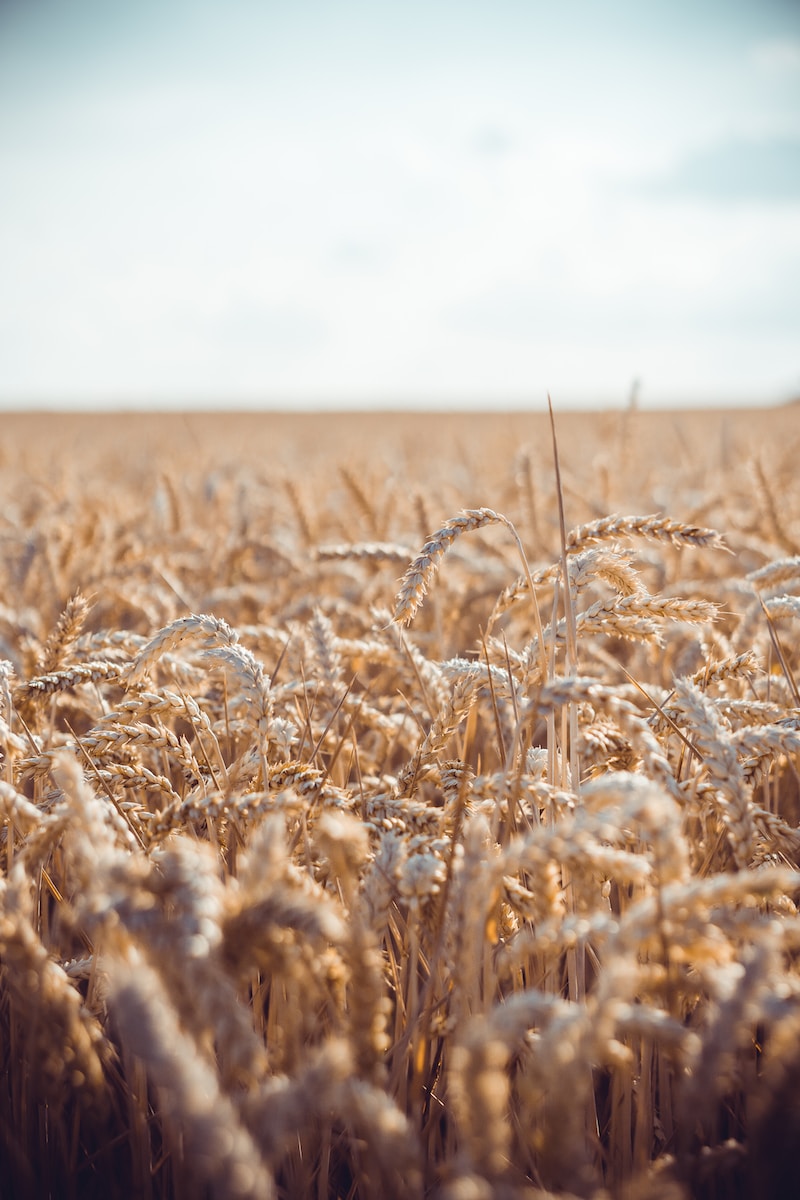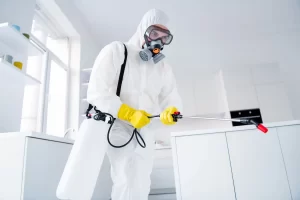Located in Fair Park, a garden is growing in the shadow of the Texas Star, which is not receiving any sunlight.
The hydroponic greenhouse that is constructed from two shipping containers is referred to as Grozilla by the nonprofit organization Restorative Farms.
‘It’s a shallow water culture,’ explained Angel Giron, the head grower at Restorative Farms, explaining how the rows of leafy greens thrive without the use of soil. “This is 5-star lettuce, so this is a mix of 5 different lettuce types.”
Initially, Restorative Farms established an urban farm in South Dallas with the purpose of cultivating nutritious vegetables for the community and planting seeds for future employment prospects in the agricultural sector.
“You think about traditional farming, big farming; it’s a tractor in the middle of Kansas,” according to Dr. Doric Earle. “We’re not trying to do that.”
One of the four people who started Restorative Farms, Earle is also a professor of practice at Southern Methodist University. The development of agricultural entrepreneurs in underprivileged communities is the primary focus of his efforts.
“We need to train people to be entrepreneurs because no big business is going to come to that community and hire them,” according to Earle. “So people have to build their own way.”
According to Brad Boa, the Director of Partnerships at Restorative Farms, “We are in what is known as a food desert, but it is also a resource desert.” There is a great deal of potential in this area; but, they do not have the resources necessary to take it to the next level. It is our goal that we will be able to provide that.
One of the objectives is to develop something that can be replicated in metropolitan regions, which are characterized by a scarcity of opportunities and a difficulty in obtaining fresh, nutritious food.
According to Boa, “Many of us just think of food, such as a tomato or head of lettuce, as something that we get off the shelf at Sprouts or Kroeger.” “But once they start seeing, I guess you’d call it the magic of taking a small seed into a seedling, into a plant, into something a family eats; it’s magical!”
While Grozillia is located in the heart of a food desert, Restorative Farms is use unconventional methods to cultivate produce that is both quick and fresh.
“So essentially just utilizing the most space that we can to grow as much food as we can,” according to Giron. “And get really hands-on, and really just develop that intuitive knowledge to know what these plants need, when they need it, when to check, and just kind of develop those skills.”
The addition of a greenhouse that is 5,700 square feet in size is one of Restorative Farms’ goals for this year.
“Our objective there is to create kind of a farm in a box,” according to Boa. “It’s supposed to be a catalyst for change in this community.”





